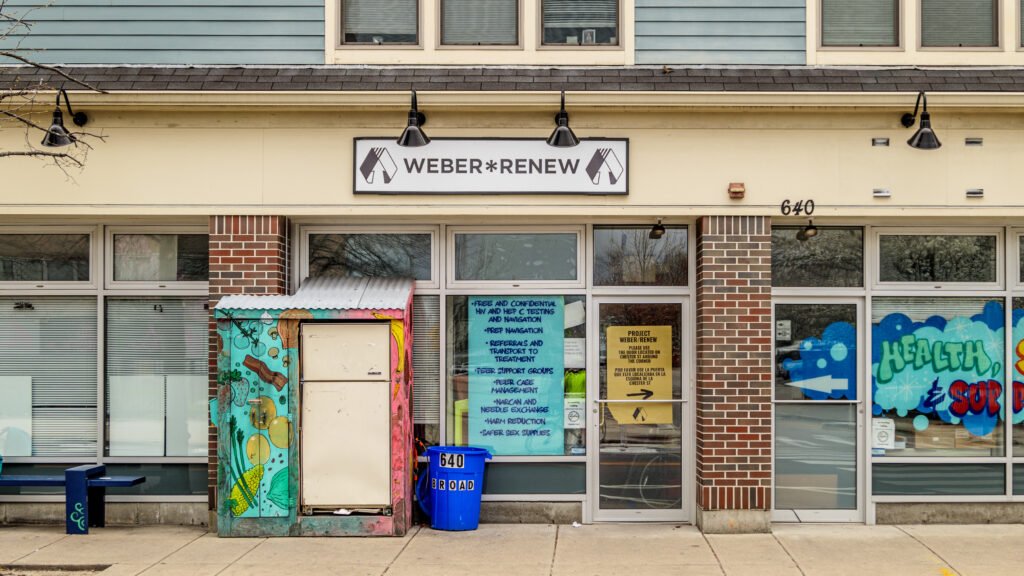Project Weber/RENEW, a Rhode Island nonprofit, is on the brink of opening a groundbreaking state-sanctioned site for illicit drug use this week. This initiative marks a significant step forward in harm reduction efforts, as it will be only the second organization in the U.S. to offer supervised consumption services, and the first outside of New York City.
The official ribbon-cutting event for the new facility in Providence is scheduled for December 10th, with the commencement of supervised consumption services expected shortly after final licensing approval. This move comes after a prolonged wait for the expansion of supervised consumption sites, which are designed to prevent overdose deaths by allowing drug users to consume substances under medical supervision.
Currently, OnPoint, a New York-based nonprofit, is the sole provider of supervised consumption services in the U.S., operating at two locations in Manhattan since late 2021. While other organizations in various states have expressed intentions to establish similar facilities, they have encountered resistance from local and state authorities, as well as federal opposition.
Lisa Peterson, the chief operating officer of VICTA, an addiction care provider collaborating with Project Weber/RENEW, emphasized the importance of supervised consumption as an evidence-based intervention that complements existing harm reduction efforts such as Narcan distribution. She highlighted the broader positive impact of the site, not only on its clients but also on the neighborhood it serves by enhancing cleanliness and reducing public displays of drug-related incidents.
The imminent opening of the supervised consumption site in Rhode Island comes at a crucial time, with the presidential transition looming and conservative leaders historically opposing such initiatives due to concerns about violating federal laws. Despite threats from federal prosecutors, the Biden administration has largely supported the operation of supervised consumption sites, as evidenced by the continuity of OnPoint’s services in New York City.
The legal landscape surrounding supervised consumption sites remains contentious, with opponents arguing that these facilities facilitate drug use without consequences and attract criminal activities to the surrounding areas. In contrast, proponents advocate for the provision of a safe environment for drug users to consume substances with reduced risks of overdose, alongside essential harm reduction services.
While the overall effectiveness of supervised consumption sites is still under scrutiny, international experiences suggest a positive impact on reducing overdose deaths without significant increases in drug use or crime rates. Research initiatives in the U.S., such as the study led by Brown University in collaboration with New York University, aim to evaluate the outcomes of supervised consumption sites in addressing the overdose crisis within the American healthcare system.
As the supervised consumption site in Rhode Island prepares to launch under the state’s specific legislation, it sets a precedent for other states to consider similar harm reduction approaches. The ongoing debate between opponents and advocates underscores the need for evidence-based strategies to address the complex challenges of substance use disorders in the U.S.


